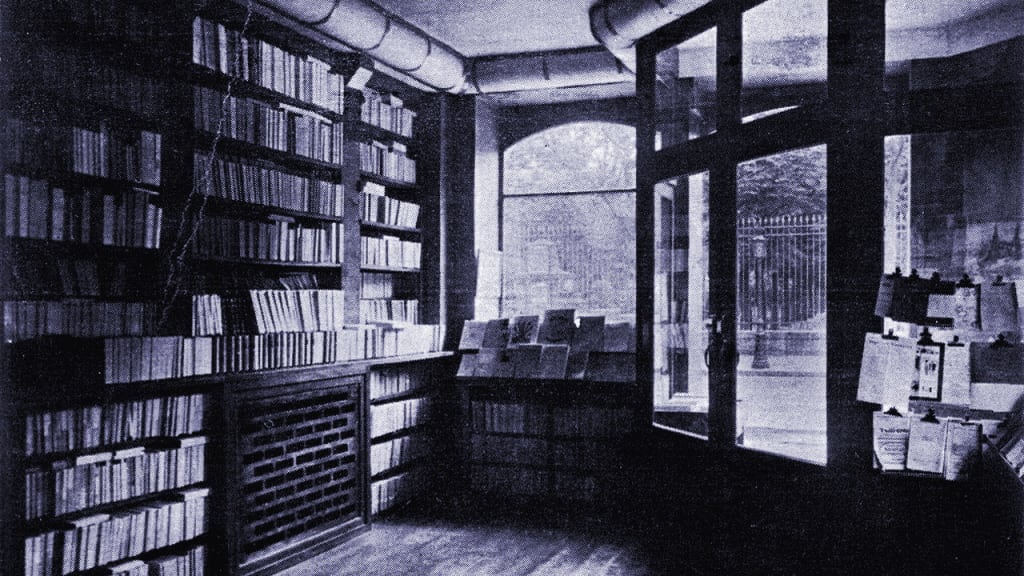The Splendor and Sorrow of Small Press Publishing
A basic guide to the smallest part of the industry

To most would-be authors, there are only two routes to publication - get an agent and go for a big publisher or self-publish. But there is an alternative - the small press. Small presses can be a great opportunity for a writer who wants the prestige of being published, but there are some things you need to understand before contacting them.
Pressed for time? Listen instead!
What is a small press?
There isn't exactly an official definition of "small press," except in the obvious linguistic sense that it must be smaller than a large press. How size is defined varies - sometimes it's by number of books released per year, sometimes by sales volume or other sales metrics. In any case, you can assume that a small press deals with a smaller number of clients, often because it deals in a narrower range of content.
It's hard to say how many small presses there are. Each year, a crop of new ones pop into existence and older ones vanish - this being part of the reason why small presses can be a risk. Estimates are that there are a few hundred small presses, and those are a varied lot. Some are exclusively non-fiction, some cater to specific geographic regions, and some will take a little bit of everything. Then there are "hybrid publishers," which often call themselves small presses or independent presses but are more like self-publishing outfits in terms of their business models.
Aside from size, small presses vary in many ways from their larger brethren, but there's one difference that's especially important for writers: Most of them will take unsolicited manuscripts from unrepresented authors. This means you can, in theory, avoid dealing with agents, which is a big boon. Don't get too excited, though - this might not be the loophole you're picturing.
Risks and caveats
First, small presses tend to have very low acceptance rates. It's not hard to see why - the fact that they may publish five or fewer books a year means that there aren't a lot of opportunities. Beyond that, literary agents do work with small presses, and may be inclined to place their less important clients with them. Small presses may consider works by unrepresented authors, but they're much more keen on talking to agents.
Second, let's go back to that point about the rise and fall of small presses. New publishers are at a very high risk of going under, and if they do, they can leave their clients in limbo. When a small press goes out of business, it's not always clear what happens to the rights of their authors, or if said authors will get paid any outstanding royalties. Be very careful about working with newer small presses that are only a few years old.
Finally, while small presses provide the same basic services as any honest publisher - such as editing and cover art - they may lack in other areas. Don't expect to get an advance, and don't expect much in the way of marketing. If you go with a small press, be prepared to work for all your sales.
How to submit
The good news is that submitting to small presses is very easy. If you've shopped works around with agents, you likely already know the protocol. It's just a matter of finding them.
Unlike agents and short story markets, there isn't a single database that gathers every small press, so I'm going to recommend two. First is QueryTracker, the same people who can help you find agents. They have a small collection of small presses as well, but it's not judiciously upkept and many entries are out of date. The website Poets & Writers also has a database - it's not as slick as the one for QueryTracker, but it is a bit more accurate. Each one has its problems, so I recommend using both.
Once you've found a press, it's time to contact them. The query letter you've been using with agents will work with a small press as well, but you need to know exactly what to send because there's a lot of variety here. Many small presses only take mail queries, and those that do take electronic submissions may want you to use email, Submittable, or their own submission system. Some only want a query, but most expect at least a 50-page partial manuscript, and many allow you to send a full manuscript. As always, read the submission page carefully - while you're there, make sure that they publish what you've written, as many small presses only take a select range of works.
Note that you can certainly query both agents and small presses at the same time. If you're already contacting agents and aren't having much luck, you may wish to hedge your bets with some reputable small presses.
About the Creator
Andrew Johnston
Educator, writer and documentarian based out of central China. Catch the full story at www.findthefabulist.com.
Enjoyed the story? Support the Creator.
Subscribe for free to receive all their stories in your feed. You could also pledge your support or give them a one-off tip, letting them know you appreciate their work.






Comments
There are no comments for this story
Be the first to respond and start the conversation.